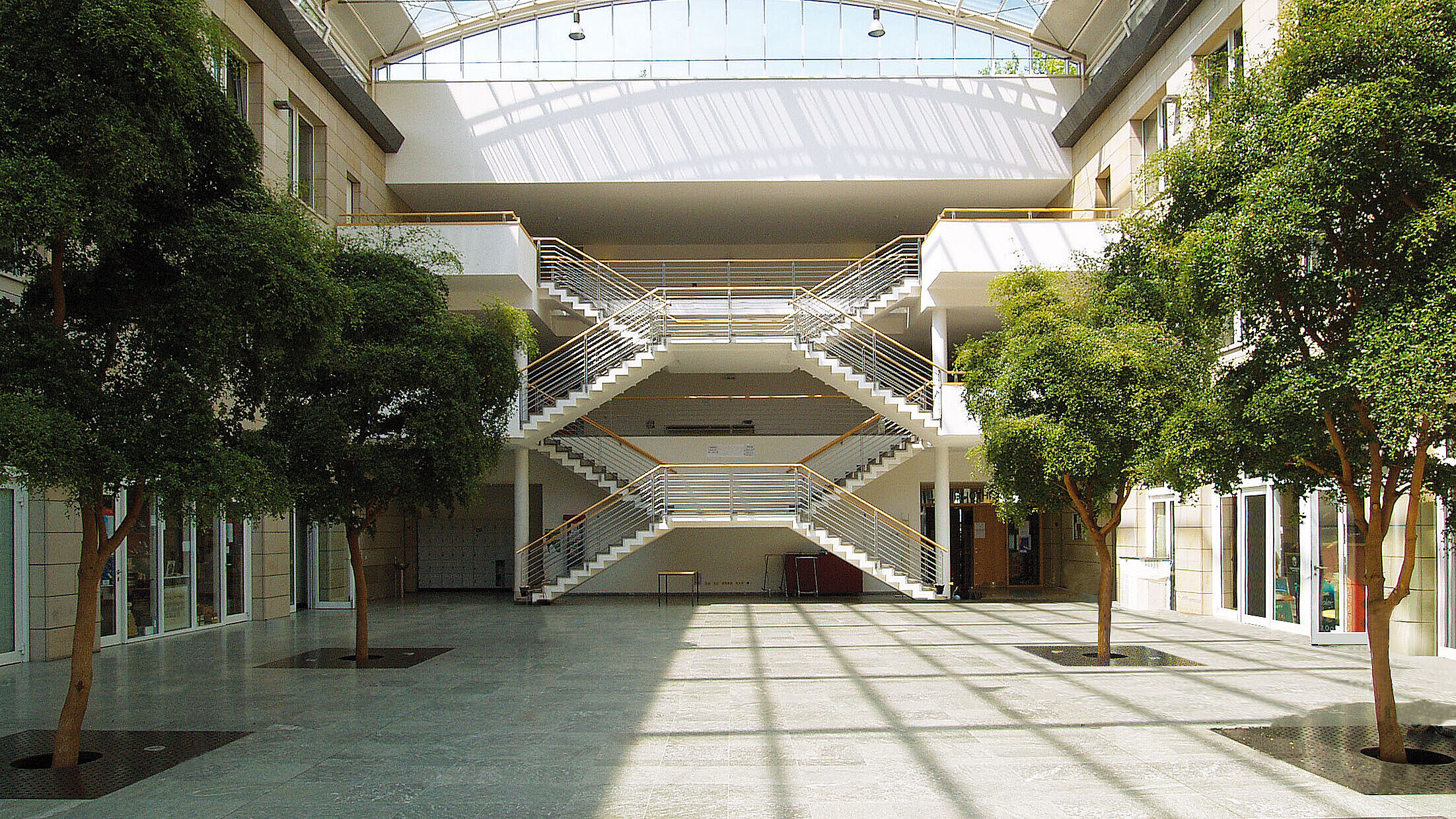![[Translate to English:] [Translate to English:]](/fileadmin/_processed_/8/b/csm_Akademie_NRW_Copyright_Akademie_NRW_Andreas_Endermann_0f74519cc5.jpg)
North Rhine-Westphalian Academy of Sciences, Humanities and the Arts
founded in 1970
The North-Rhine-Westphalian Academy of Sciences, Humanities and Arts was founded in 1970 as the successor of the Association for Research of North-Rhine-Westphalia, which was initiated by the former Prime Minister Karl Arnold in 1950. The aim and purpose of this consolidation of the natural and technical sciences was to scientifically advise the government of North-Rhine-Westphalia during the post-war reconstruction. The construction of the Karl-Arnold-House in Düsseldorf in 1960 gave the association its own building in which it could fulfil its tasks. In 1970 it was renamed the “Rhine-Westphalian Academy of Sciences”. From 1993 until 2008 it was called “North-Rhine-Westphalian Academy of Sciences”.
The North-Rhine-Westphalian Academy of Sciences is the first academy in Germany to adopt the arts into a class of its own.
The members of the academy are among the best in their fields - in NRW and beyond. The aim of this network is the free exchange of knowledge and ideas: an academic discourse at the highest level that transcends disciplinary boundaries. This creates new knowledge networks and impulses for the research and art of tomorrow. The North Rhine-Westphalian academy is the only scientific academy in Germany that is also dedicated to the arts. In 2008, an independent class was founded, which includes leading personalities from the arts. Members of the academy have an unerring eye for talent in science and art. This characterizes the Academy and makes it the ideal place to promote young talent. Programmes for young researchers and artists are becoming increasingly important. One example is the Young Academy, which has been greatly expanded in recent years.
The Young Academy brings together talented individuals from science and art. In various working groups, they address socially relevant issues and develop publications and lectures in interdisciplinary and transdisciplinary projects. The fellows organize their own conferences, take part in class meetings, and establish contacts with the members. The academy thus creates a space for the free exchange of knowledge and ideas that has become rare in an institutional setting. Each member of the Young Academy receives an annual grant of 10,000 euros for up to four years. The Academy also subsidizes research trips, congress participation and other subject-related activities.
Executive Committee
Prof. Dr. Jürgen Hammerstaedt
Vice President and Secretary for the Humanities
Vice Secretary
Prof. Dr. Monika Schmitz-Emans
Prof. Dr. Gerd Heusch
Vice President and Secretary for Natural Sciences and Medical Science
Vice Secretary
Prof. Dr. Christel Marian
Prof. Dr. Jochen Kreusel
Vice President and Secretary for Engineering and Economics
Vice Secretary
Prof. Dr. Caren Sureth-Sloane
Prof. Dr. Anthony Cragg
Secretary for the Arts
Vice Secretary
Prof. Dr. Mischa Kuball








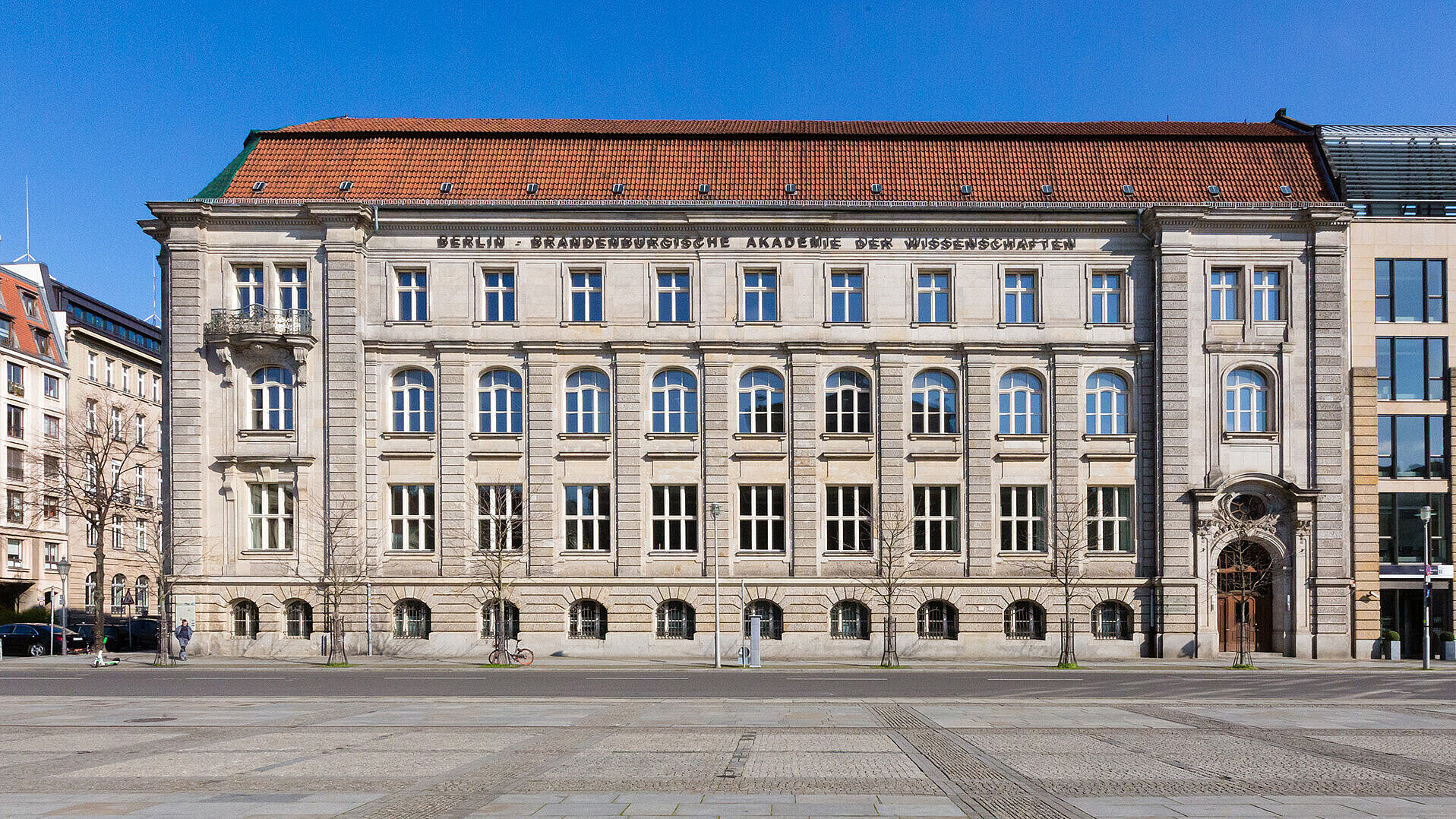

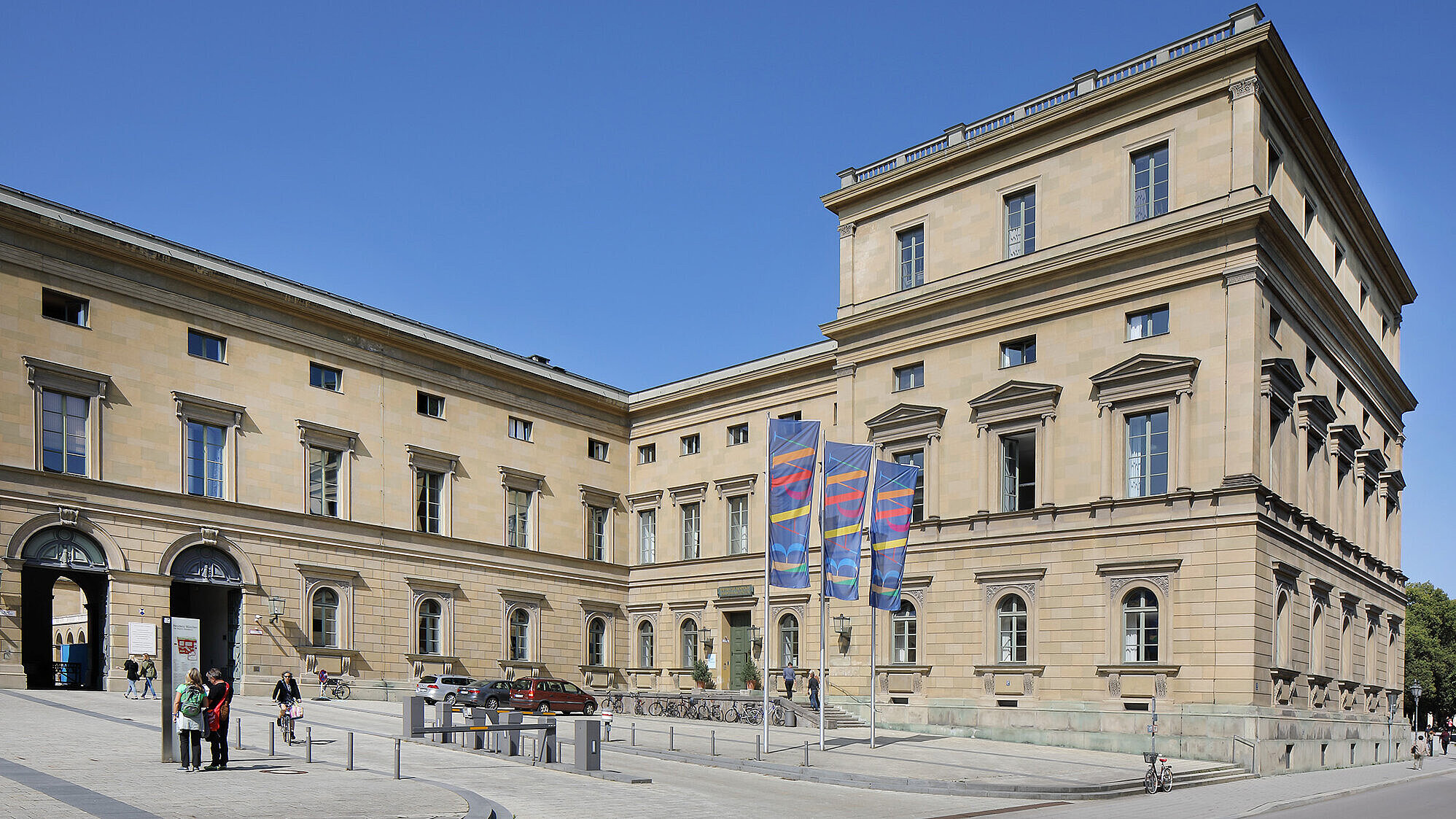
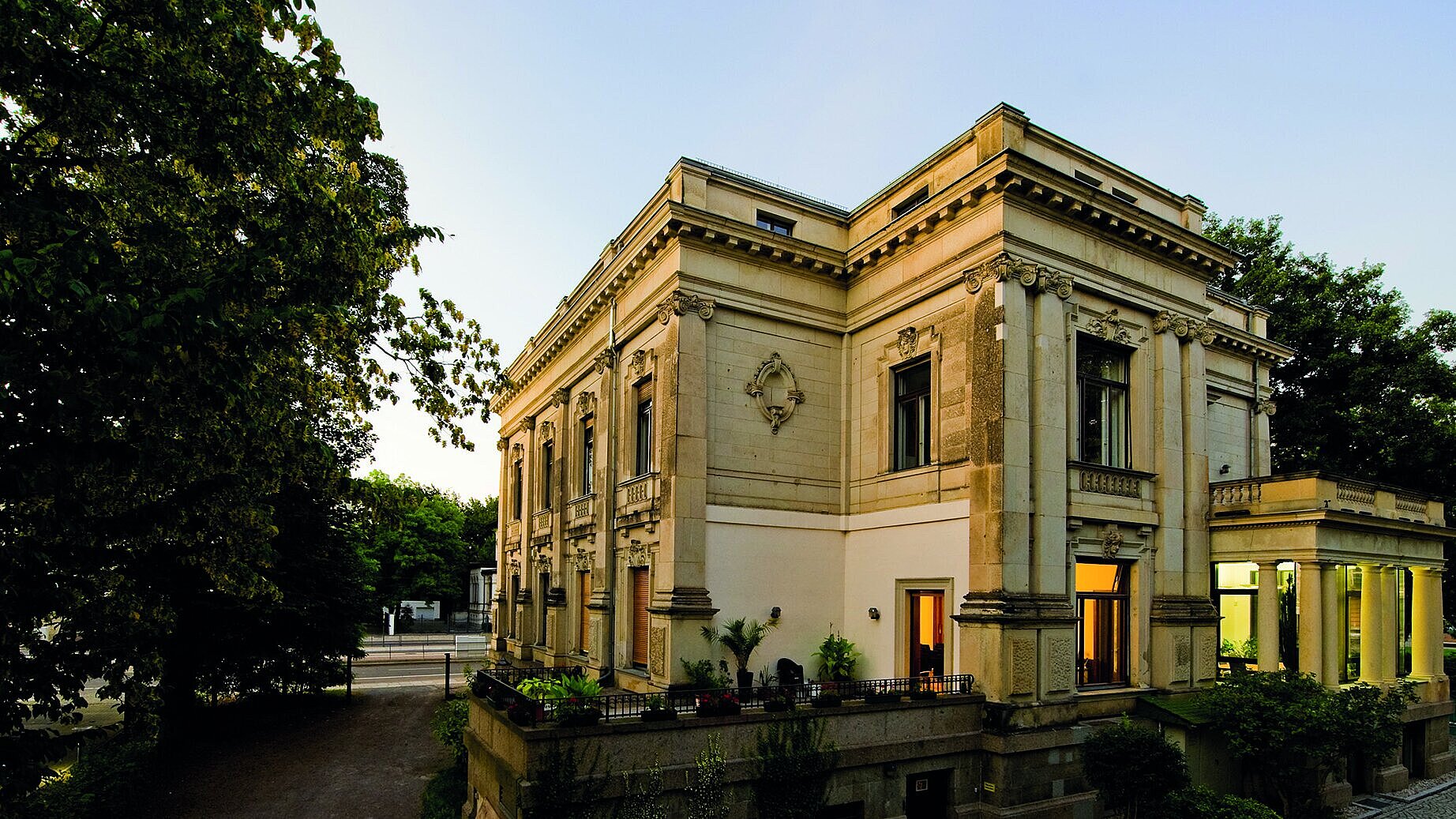
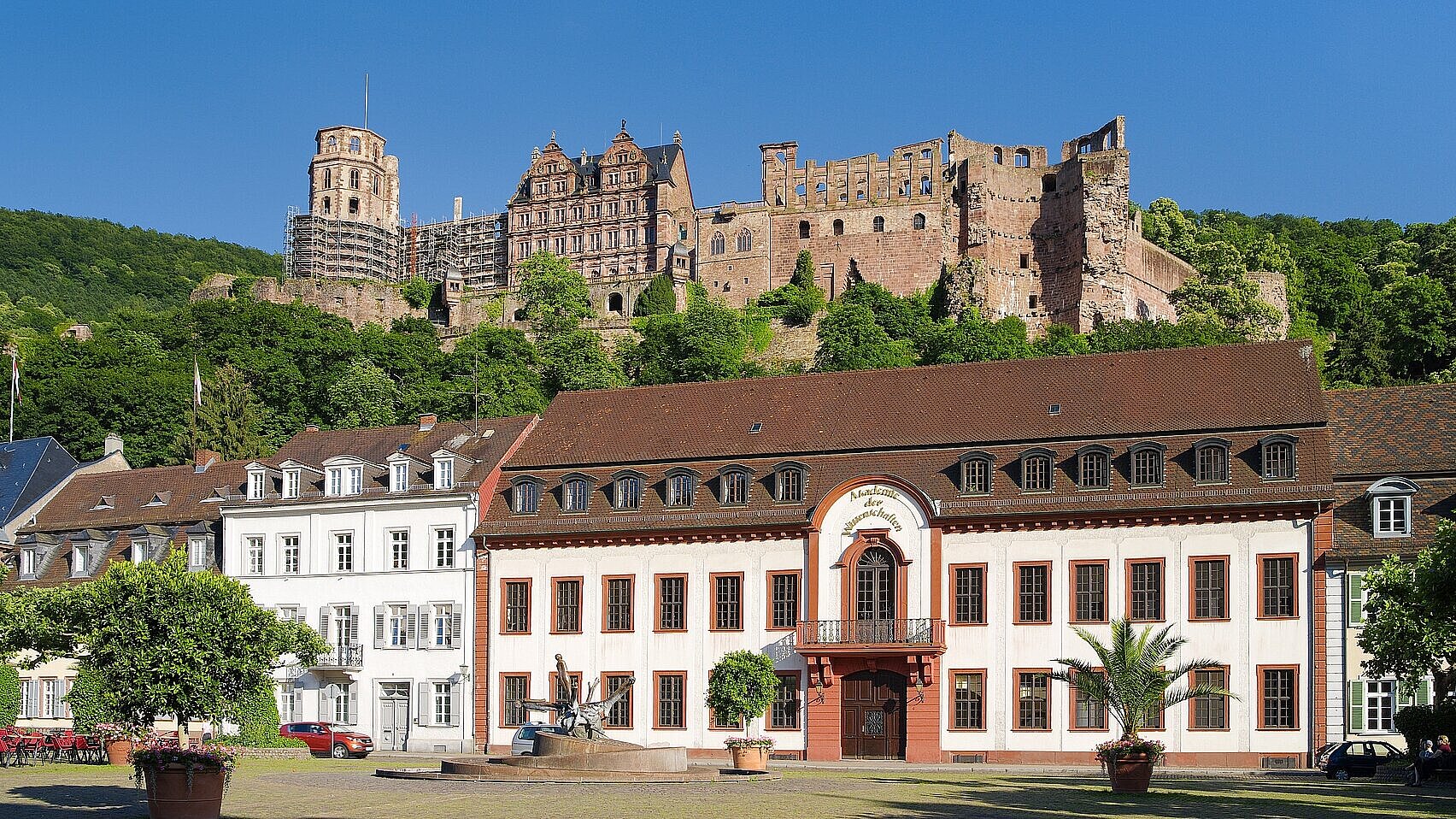
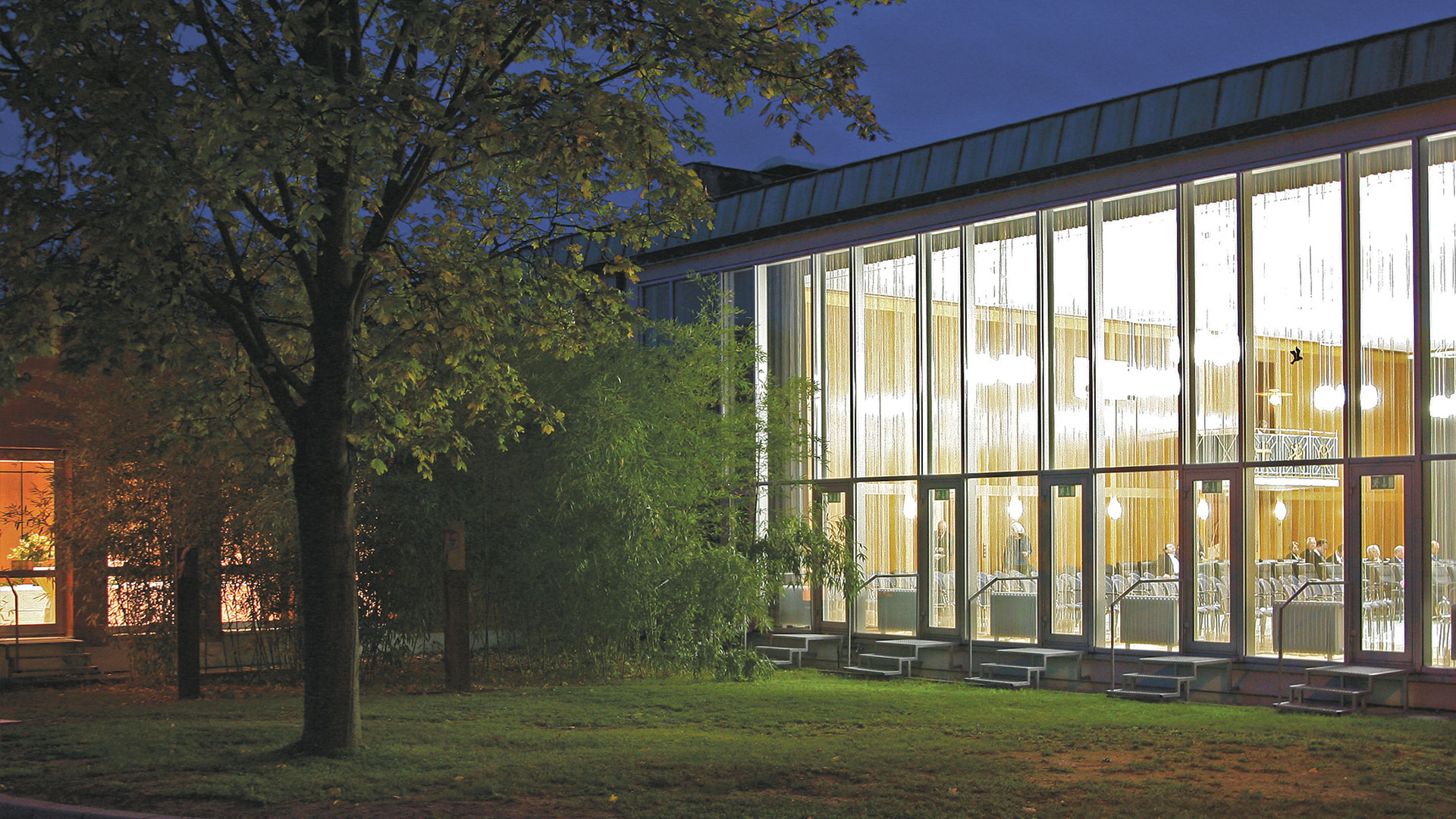
![[Translate to English:] [Translate to English:]](/fileadmin/_processed_/8/b/csm_Akademie_NRW_Copyright_Akademie_NRW_Andreas_Endermann_58ff920ae7.jpg)
